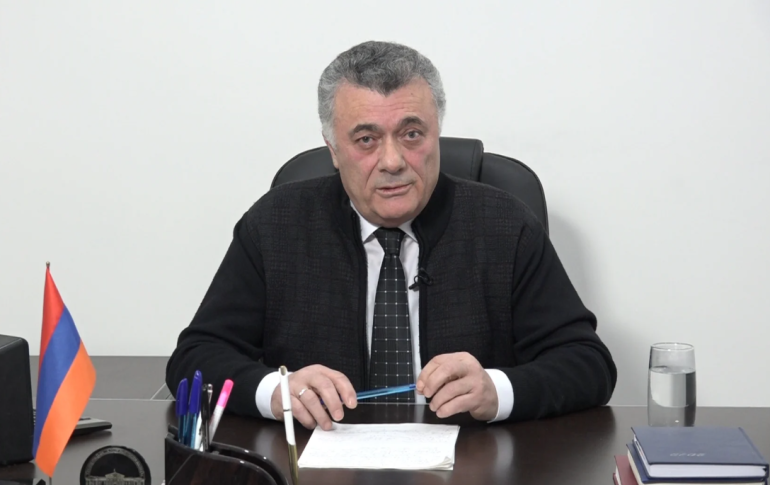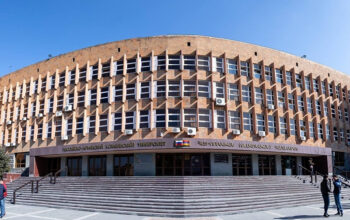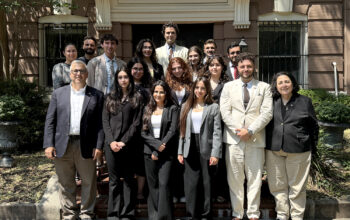A prominent opposition figure arrested last month for allegedly inciting the violent overthrow of Armenia’s government was released from custody Wednesday as his trial began in Yerevan.
The case against Ruben Hakobyan stems from a July 1 television interview in which the veteran politician denounced the government’s arrest of opposition activists and other critics of Prime Minister Nikol Pashinyan. Hakobyan accused Pashinyan of systematically violating Armenia’s constitution and laws, arguing that Armenians therefore have a legitimate right to resist their government.
Speaking briefly to reporters outside the courtroom, Hakobyan rejected the charges outright. “The case is political,” he declared. His defense attorneys urged the court to throw out the indictment, insisting his remarks fell squarely within the bounds of protected political speech. The presiding judge declined that request but ordered Hakobyan’s release pending a verdict.
Hakobyan, 69, is a former member of parliament long known for his independent positions. Though not currently affiliated with a party, his detention has stirred concern across Armenia’s fractured opposition, which sees the proceedings as part of a broader crackdown.
The trial follows the June arrests of billionaire Samvel Karapetyan and Archbishop Mikael Ajapahyan of the Armenian Apostolic Church on nearly identical charges. Both men insist they are being targeted for political reasons.
Karapetyan, one of Armenia’s wealthiest businessmen, was taken into custody on June 18, just hours after condemning what he described as Pashinyan’s attempts to sideline senior church leaders resisting concessions to Azerbaijan. Authorities filed additional charges against him in July, as he moved forward with the creation of a new opposition group expected to challenge Pashinyan’s ruling party in next year’s parliamentary elections.
Together, the cases underscore the widening confrontation between Armenia’s embattled opposition and a government determined to consolidate its position as it negotiates sensitive agreements with Baku. With clergy, oligarchs, and veteran politicians now in the dock, critics argue the trials are less about law and more about neutralizing dissent at a pivotal moment in Armenia’s political life.




